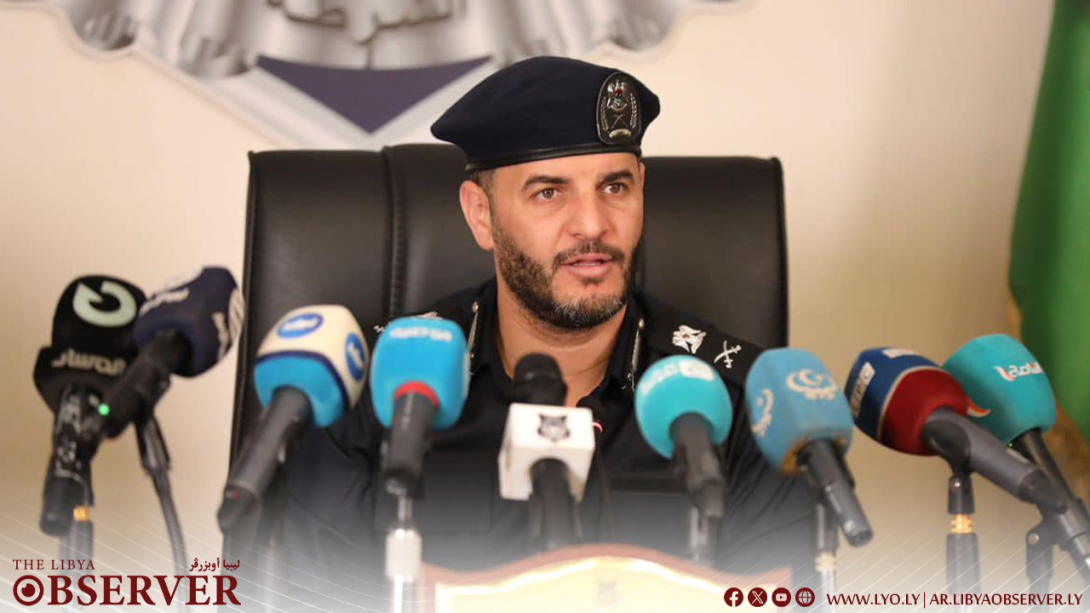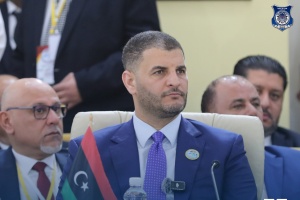The Minister of Interior of the Government of National Unity, Emad Al-Trabelsi, said Libya had repatriated 10.069 illegal immigrants last year in coordination with the International Organization for Migration (IOM), expressing his hope that this number will double this year if the necessary capabilities and conditions are available.
Al-Trabelsi pointed out Monday that residency permits had been granted to about 400,000 expatriate workers of different nationalities, adding that labor markets in Libya lacked organization, so a committee was formed from the Ministries of Interior and Labor to regulate it, adding that they won't allow anyone to enter Libya without legal procedures.
He also said that the phenomenon of illegal immigration required the mobilization of all security, political and military authorities, with the cooperation of the concerned countries and international organizations, adding that this phenomenon had become an obsession troubling Libya and the Mediterranean countries, and it worsened with the absence of a unified national plan to address it.
Al-Trabelsi referred to the GNU's Resolution No. 16 of 2024 to follow up on the immigration file and secure the borders under its chairmanship and the membership of some ministers, explaining that the committee was working to develop a unified database on the numbers of immigrants, their countries, the movement of immigration: routes and means, and to form a technical working group to develop a unified national strategy proposal to confront the issue of illegal immigration and border security.
"We dealt with the immigration issue with attention and caution. We launched security campaigns to control human smuggling gangs, activate electronic surveillance towers to secure the borders, and called for developing the performance of members of the border guard and combating illegal immigration agencies in a manner consistent with the requirements of respect for human rights." He explained.
Al-Trabelsi also indicated that Libya needed support to implement its vision of securing borders and monitoring immigration routes, while continuing to repatriate those wishing to return voluntarily in cooperation with the IOM.








